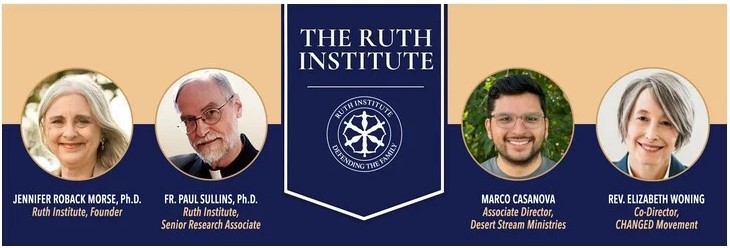You will recall that I claimed in my AOL News article that the Essential Public Purpose of Marriage is to attach mothers and fathers to their children and to one another. Some people dispute this by pointing to alternative purposes of marriage, or by discovering groups of individuals who seem not to be participating in this public purpose. I deal with some (but admittedly not all) of those cases in this podcast.
Here is the purpose of marriage as outlined in Judge Walker’s opinion. He quotes a Harvard historian, with approval, who offers this alternative understanding of the purpose of marriage:
marriage is “a couple’s choice to live with each other, to remain committed to one another, and to form a household based on their own feelings about one another, and their agreement to join in an economic partnership and support one another in terms of the material needs of life.”
I would issue this challenge to those who take issue with my characterization of the Essential Public Purpose of Marriage. How would this definition exclude college roommates? Not only does this definition include nothing about children, it includes nothing even about marriage being a sexual relationship, and certainly nothing about permanence, nothing about sexual exclusivity, nothing about connecting the generations to one another.
Complain about my definition all you want. But that doesn’t solve the obvious problems with Judge Walker’s alternative. And he pretty much has to stick to that alternative or one like it, in order to claim that same sex couples and opposite sex couples are similarly situated.
The purpose of marriage as Judge Walker outlines it, is not essential: that is people can acheive all the purposes he lists without marriage (hence my example of college roommates.) Nor are these purposes public: in fact, there is no public significance at all to these purposes.
In effect, Judge Walker has replaced the essentiall public purpose of marriage with inessential private purposes.
I submit that this is not a good trade.


